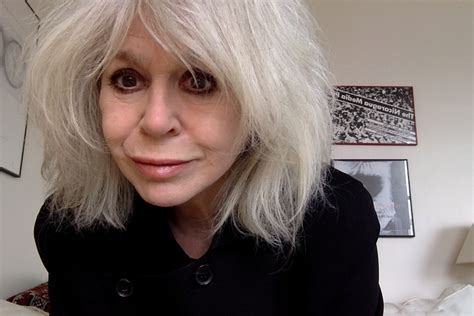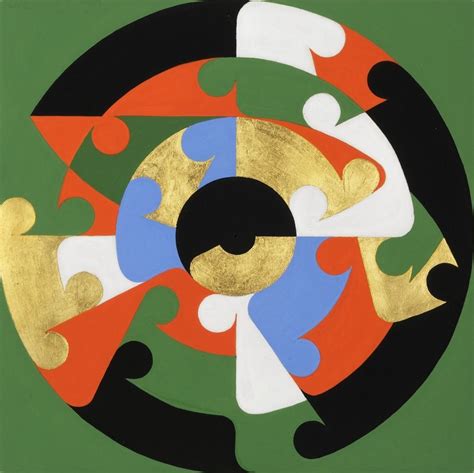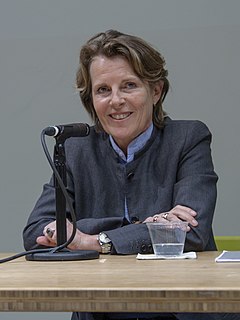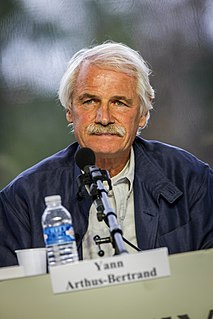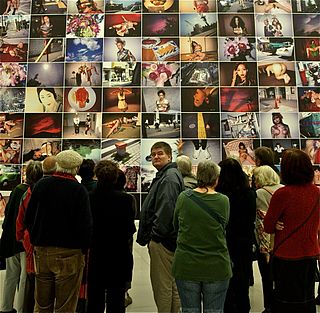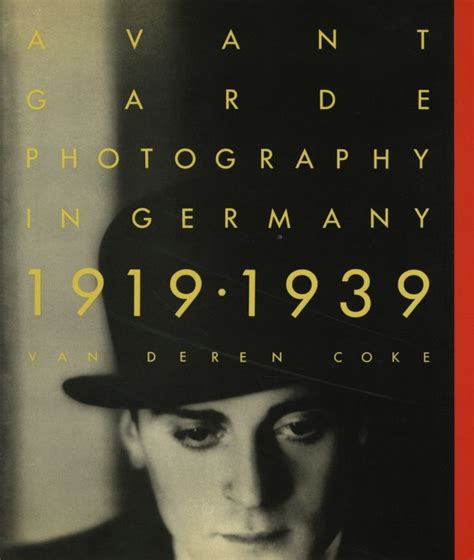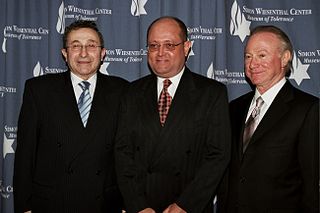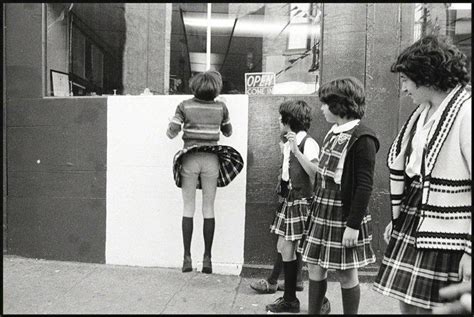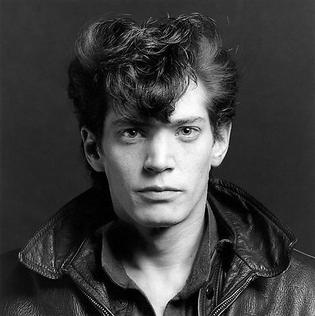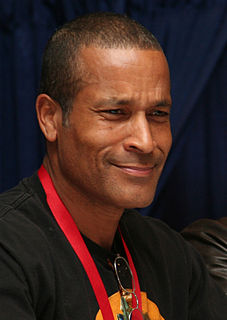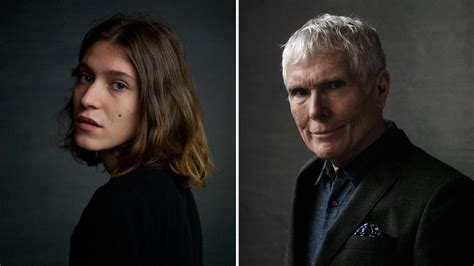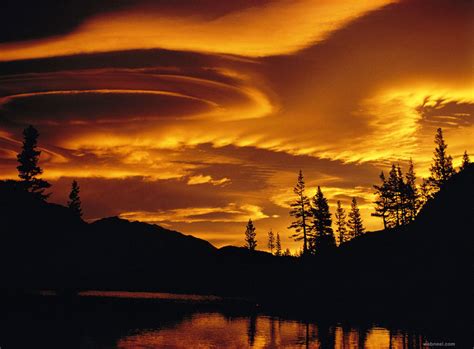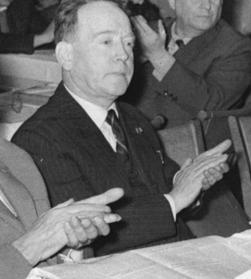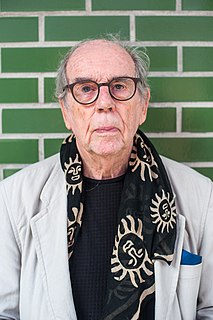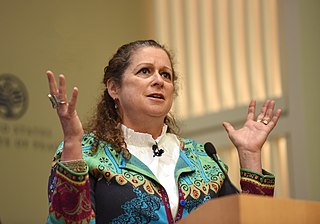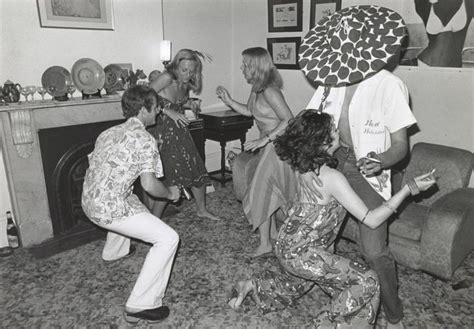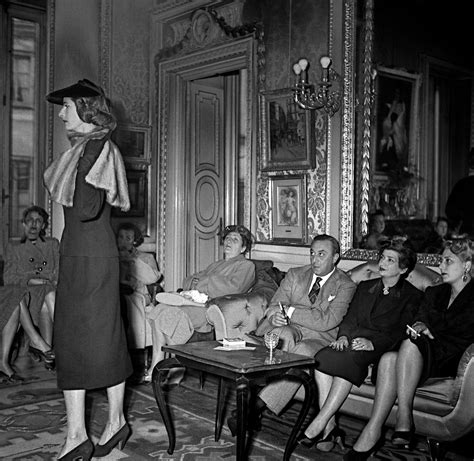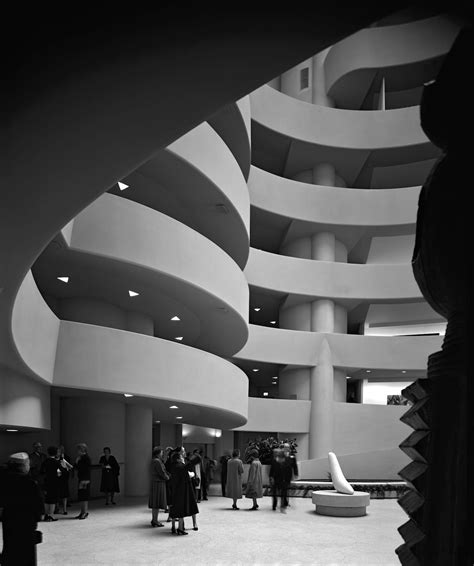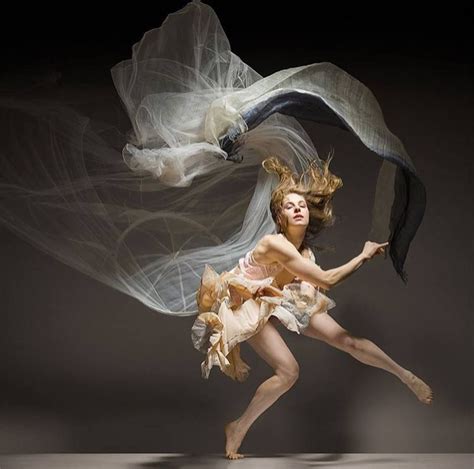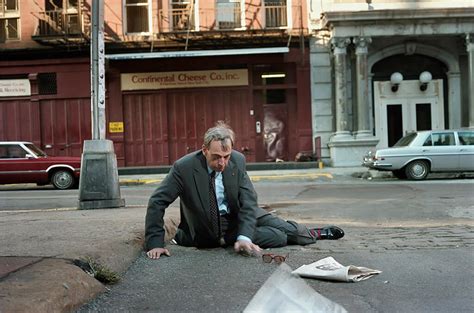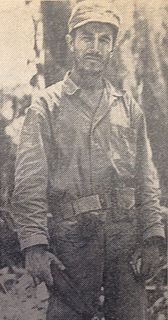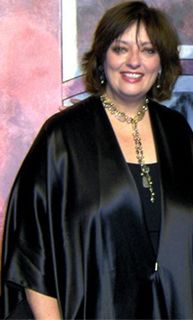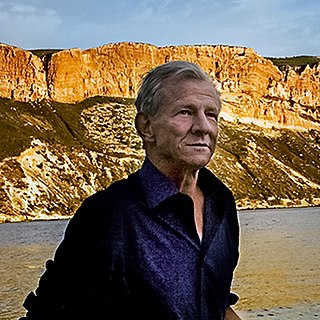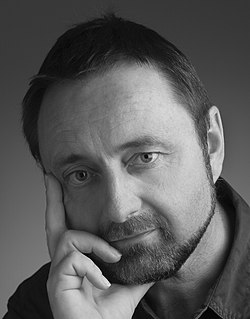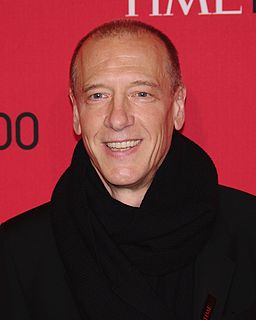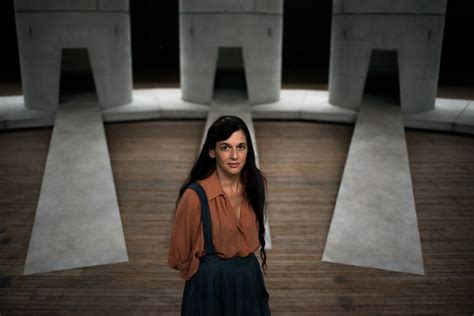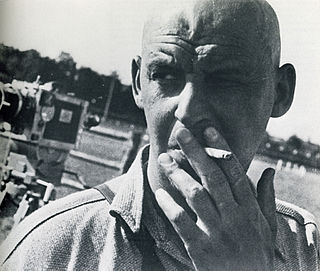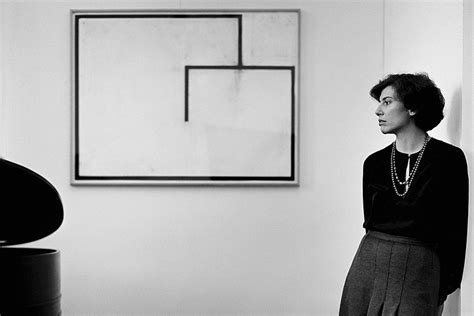Top 1200 Documentary Photography Quotes & Sayings - Page 3
Explore popular Documentary Photography quotes.
Last updated on April 21, 2025.
The traditional difficulty of balancing the mechanical with the imaginative schools of photography still operates. In schools of photography meaningful art education is often lacking and on the strength of their technical ability alone students, deprived of a richer artistic training, are sent forth inculcated with the belief that they are creative photographers and artists. It is yet a fact that today, as in the past, the most inspiring and provocative works in photography come as much (and probably more) from those who are in the first place artists.
Now documentary evidence is acceptable. What does that mean? If you have documentary evidence that a person served as a guard in one of the death camps and the documents have been authenticated, that is grounds to charge the person with crimes against humanity. And that's why you see the spate of trials previously, for example, in the '70s and the '80s, even in the low '90s. That was not the case until the change in the law.
In a one-hour documentary, you can tell maybe ten stories. That's how the documentary is structured. I wrote to forty of the greatest historians of both African and African-American history, and hired them as consultants. I had them submit what they thought were the indispensable stories, the ones they felt this series absolutely had to include.
My hat's off to documentary filmmakers. I don't know if I'm ever going back to it. You're treated like a second-class citizen at most film festivals. You take the bus while everybody else is flown first-class. If you're a feature film director, you're put in a five-star hotel, and if you're a documentary director, you stay in a Motel 6.
There's a real difference between a documentary that was all about facts and history and information. People just don't get as engaged in that kind of documentary - they don't fall in love, they don't cry, they don't forget who they are, they don't ride with you. As we realized we had richer, vérité kind of people, what we wanted to do is focus in on the vérité story.
Photography today is accomplishing a lofty mission in which every German should collaborate by buying a camera. The German people is ahead of every other in the technical domain and, thanks to its exceptional qualities, the small camera has conquered the whole world... Much is at stake here from the point of view of popular consumer goods and, furthermore, photography has a particularly important political role to play. (Addressing the Berlin Photography Fair, 1933)
Humans have changed the landscape so much, but images of the sea could be shared with primordial people. I just project my imagination on to the viewer, even the first human being. I think first and then imagine some scenes. Then I go out and look for them. Or I re-create these images with my camera. I love photography because photography is the most believable medium. Painting can lie, but photography never lies: that is what people used to believe.
I never felt in competition with anybody in war photography. You're lucky to get your ass in and out again. It's as simple as that. It's the easiest photography in the world to shoot somebody who's been shot up. It doesn't take a genius. That's easy. The only thing you need to know is your photography. Get in and if you're lucky get out. And get as close as you can get.
Photography really is all about lines, and so is clothing. I worked for Oberto Gili for a couple of years after I was at ICP; we worked in fashion, travel, interior design, everything. I was inspired by his styling choices within fashion photography, and I think those experiences helped steer me towards fashion design. I love photography as a medium, so I think I will always take inspiration from it.
